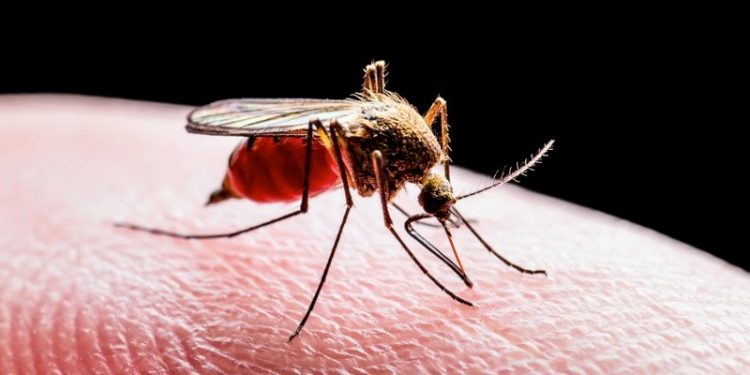Bhubaneswar: The Odisha government launched Tuesday a Malaria Prediction and Planning Toolkit (MPPT) to strengthen early warning systems and health decision making for the disease. Developed by ‘Malaria No More’ in collaboration with the Government of Odisha and India Meteorological Department, the toolkit is the first of its kind which uses an advanced data-driven, AI-powered story-telling system.
Malaria is one of the oldest diseases and poses an impending risk because of climate changes. Increasing temperatures, extreme weather events and changing rainfall patterns which happen to be the symptoms of global warming, are complicating global efforts for eliminating the climate-sensitive disease.
MPPT utilises climate, weather data in identifying malaria hotspots and predicts outbreaks, thus allowing health leaders to optimally time and target behavioral interventions, pre-position supplies, and deploy frontline health workers to avoid extreme weather, among other possibilities.
“We are excited to integrate MPPT in Odisha to accelerate progress towards eradication of malaria. This toolkit presents a compelling opportunity of intersecting disruptive innovations with the malaria elimination effort and allows improved decision-making and health access at the last mile. The fight against malaria stands to benefit greatly with initiatives such as these, especially in the endgame stage of eliminating Malaria by 2030,” Odisha Health Minister Naba Kisore Das said.
Director of Health and Family Welfare Department Niranjan Mishra said that Odisha was hotbed for malaria in the past but now the scenario has improved. The yearly caseload has gone down from 4.5 lakh cases in 2016 to 25,000 last year, and so did the number of deaths.
“Still we can’t stop the disease, but we are trying to eliminate it completely which is a challenge, due to the unique geographical location which in some way supports the disease. It demands more usage of technology and engagement of all stakeholders,” stated Mishra.
It is worth mentioning that five Odisha districts including Malkangiri, Koraput, Kandhamal, Kalahandi and Rayagada report 80 per cent of Malaria cases.
Emphasising on the collaboration, India Meteorological Department (IMD) DG Mrutyunjay Mohapatra said, “Weather information and forecast of various changes help in better planning, prevention, and control of many climate-sensitive diseases, including malaria. There is a need for a multi-model consensus for weather-based early warnings while working towards malaria elimination. At the same time, it is critical to formulate an institutional mechanism to take these advanced solutions to the last mile.”






































